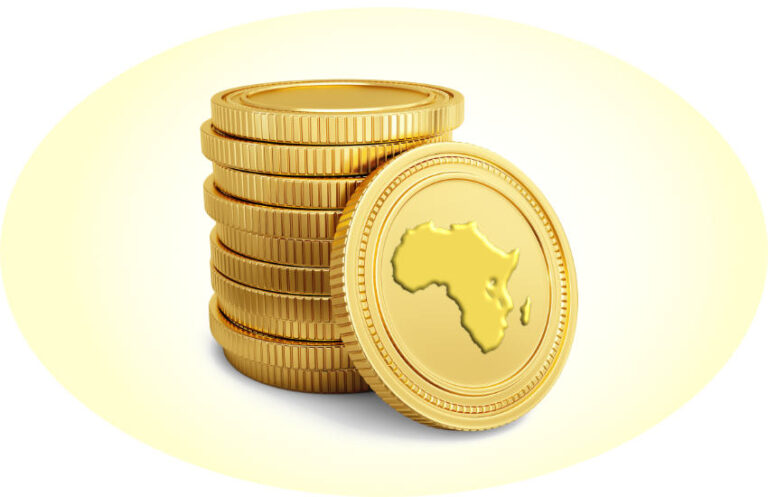
Source: www.ledgerinsights.com
Today, the Bank for International Settlements (BIS) released a paper on central bank digital currency (CBDC) in Africa, highlighting that the motivations differ from those in other emerging market countries.
In terms of progress, Nigeria has launched its eNaira retail CBDC, Ghana is in the pilot phase, and South Africa piloted a wholesale CBDC.
Mobile money is the dominant form of digital payment in Africa, led by Kenya’s M-Pesa. These systems allow for faster payments, but half of the 19 African central banks believe that CBDC would provide a better solution.
The dominance of mobile money provides an important backdrop regarding the motivations for CBDCs, highlighting why person-to-person payments are not a high priority. Africa accounts for two thirds of global mobile money transactions.
The number one CBDC motivation among the 19 African central banks is to provide central bank digital cash, followed by better financial inclusion and as a tool to implement monetary policy. The use of programmable money scored very low as a priority.
The top three concerns about deploying a digital currency are cybersecurity risks, followed by concerns about bank disintermediation and whether a CBDC will gain traction with consumers.
Overall, the BIS assessed that the African continent is making slower progress in CBDC rollout compared to other parts of the world.
Meanwhile, at a recent summit of central bankers from sub-Saharan Africa, the issue of CBDCs for cross-border remittances was discussed. South Africa has already engaged in cross-border research as part of the Dunbar Project, a multi-CBDC project with the central banks of Singapore, Malaysia and Australia.
Read More at www.ledgerinsights.com